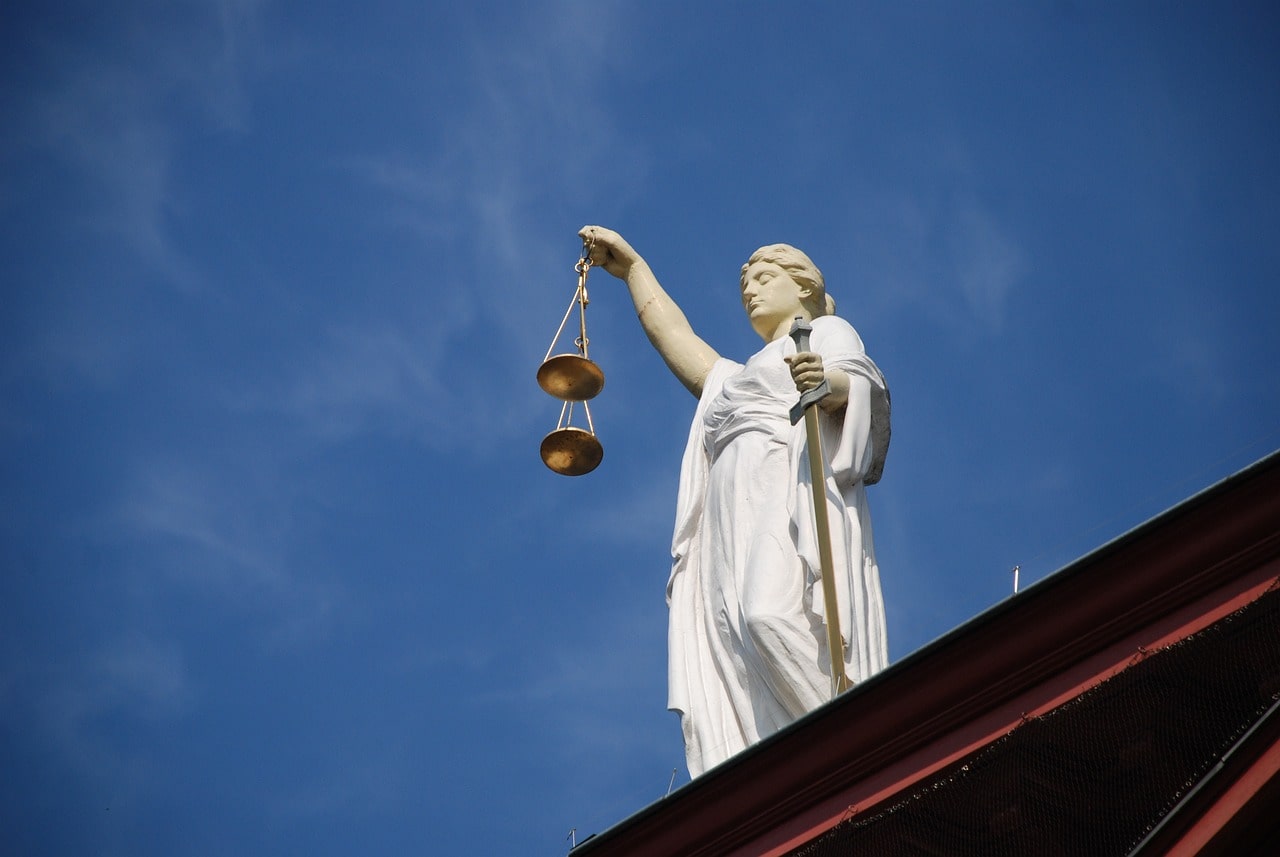It is the premise or background story in many famous films; a person has been wrongfully convicted of a crime that they did not commit, and the film will follow them, putting their case together with the help of a trained lawyer.
It’s a great story, but when it happens in real life, it has a more horrifying feel to it! You are now facing a prison sentence for a crime that you did not commit, and this has all the trappings of causing mental illness, distress, and loss of earnings.
So, if you are seeking to begin a wrongful conviction case against the police, the prosecution, and the judge, what do you need to do? This simple FAQ guide aims to answer some of the most common queries about wrongful conviction cases.
I’ve Been Wrongfully Convicted: What Do I Do?
If you have been wrongfully convicted, the first step you need to take is to contact wrongful conviction lawyers.
They will be able to help you put your case together and will be there to speak on your behalf in the legal proceedings that follow a wrongful conviction case. So, be sure you contact a legal team that has the experience and knowledge of this area of the law rather than simply being criminal solicitors.
Will I Receive Compensation If I am Exonerated?
This depends on where you are located. If you live in Pennsylvania, for example, no statute in place would require compensation payments to be made to yourself as the victim of a wrongful conviction.
But many of the other states will enable you to receive compensation if you are exonerated, so make sure that you discuss this with your representing lawyer.
Can The Police and Prosecution Team Be Held Accountable?
If the police or prosecution team were engaging in misconduct during the investigation, and this led to you being wrongfully convicted, and it can be proven, then yes, they can be held accountable. You would have to file a civil lawsuit against these individuals and would need to do so against the law enforcement department and district attorney’s office as well.
But it is worth noting that police officers and prosecutors, in their official capacities, have broad immunity. This means that it can be exceedingly hard to prove that they engaged in misconduct, and therefore, you will likely need an experienced legal team to help you prove that this was the case and the cause of your wrongful conviction.
How Long Do Wrongful Conviction Cases Take?
Every case is different, and when it comes to wrongful conviction cases, it can take a lot of time to resolve. In some instances, the government and officials will quickly agree to settle this claim. Whereas, in others, they will deny the allegations and will spend a long time (potentially years) fighting the case. If the people you are looking to sue for your wrongful conviction contest the claim, you’ll have to file a lawsuit and go to trial, which can take several years.
What Can I Recover If I Win A Wrongful Conviction Case?
In the majority of wrongful conviction suits, the outcome that has been looked for is monetary compensation for the harm and losses that have been sustained due to wrongful imprisonment. This will usually involve loss of income, lack of financial stability, and emotional trauma. The exact amount will vary, and your legal team should aim to break this down for you, as well as what you are entitled to.
How common is wrongful conviction?
Wrongful convictions are more common than many people realize. Studies suggest that a significant number of individuals have been wrongfully convicted, with estimates ranging from 1% to 10% of all convictions. Factors such as eyewitness misidentification, false confessions, and inadequate legal representation contribute to these injustices.
What can someone do if they believe they’ve been wrongfully convicted?
If someone believes they have been wrongfully convicted, they should seek legal assistance immediately. They can contact organizations that specialize in wrongful convictions, provide relevant evidence to support their innocence and work with legal professionals to file appeals or pursue exoneration. It’s crucial to act promptly to increase the chances of rectifying the error in the criminal justice system.







